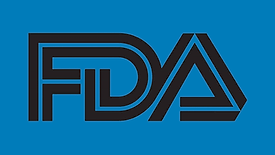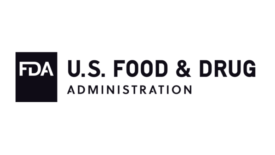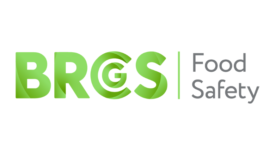Regulatory
Evolving Relationships Between Food Processors and Regulatory Agencies
Processors speak out about how they are coping with regulatory demands now that FDA has resumed in-person inspections
October 11, 2022
The Incident Command System and Foodborne Illness Outbreak Investigations
The Coordinated Outbreak Response and Evaluation (CORE) Network is the coordination focal point for all FDA resources during outbreak investigations
October 11, 2022
Never miss the latest news and trends driving the food safety industry
eNewsletter | Website | eMagazine
JOIN TODAY!Copyright ©2024. All Rights Reserved BNP Media.
Design, CMS, Hosting & Web Development :: ePublishing









.png?height=168&t=1661887788&width=275)